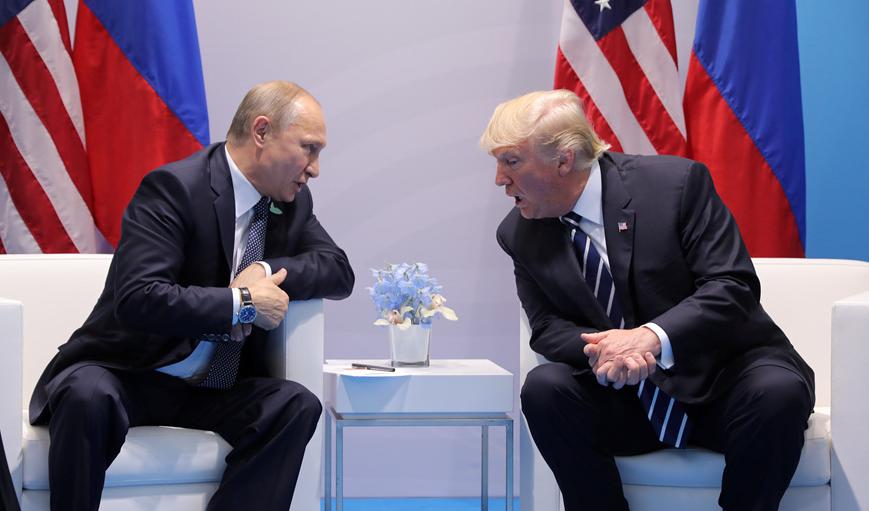
Shen Yi, Associate professor, Department of International Politics, Fudan University
Aug 17, 2017
On August 2, U.S. President Donald Trump signed into law the “Countering America’s Adversaries Through Sanctions Act.” With Trump-Putin relations agitated and China and the U.S. still lacking cooperation on the issue of North Korea, who will be the biggest loser amidst the superpowers? Who will benefit from the sanctions?
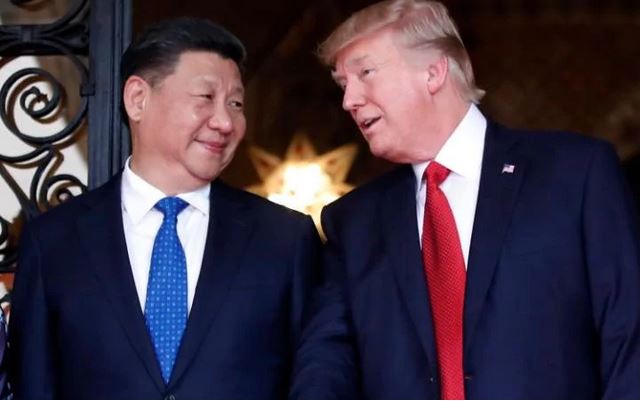
Tom Watkins, President and CEO of the Economic Council of Palm Beach County, FL
Aug 15, 2017
At the state level, Governor of Michigan Rick Snyder has invested energy, attention, and travel time into cultivating lasting and productive relationships with Chinese government and business leaders. His efforts have produced extensive economic benefits for his state and region; providing a blue print for the combative President Trump on how American leaders can turn a positive relationship with China into big wins at home.
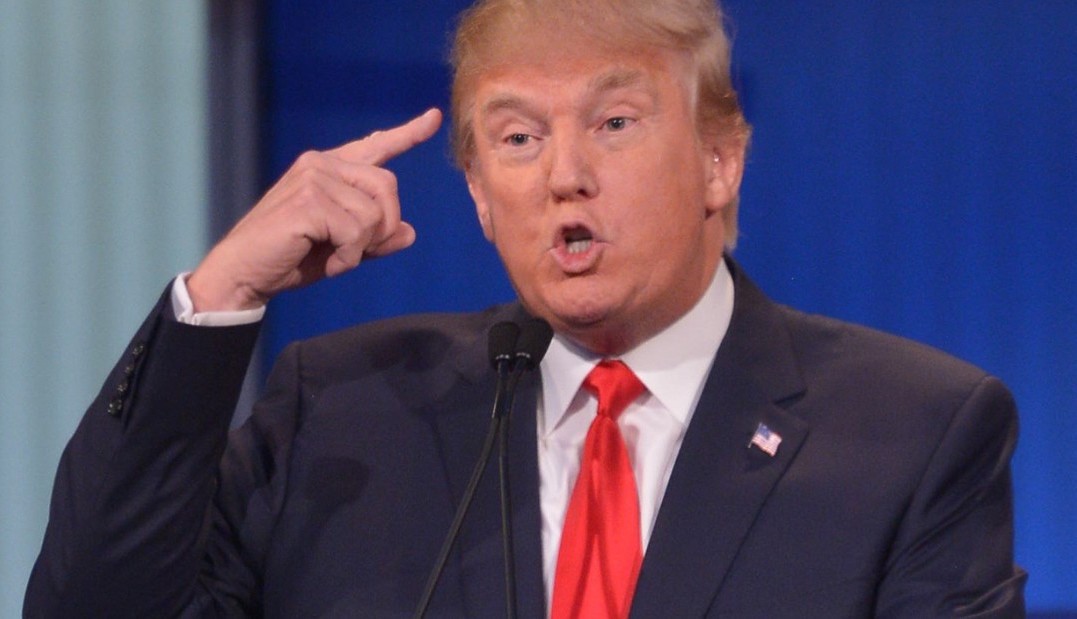
Shaun Tan, Writer
Aug 15, 2017
Throughout his time in the political spotlight, Donald Trump has raised eyebrows with boisterous speeches and absurd statements, causing many to question his mental capacity to lead. But, while his opponents at home and abroad decry his antics as insanity, could President Trump actually be executing a specific policy strategy?
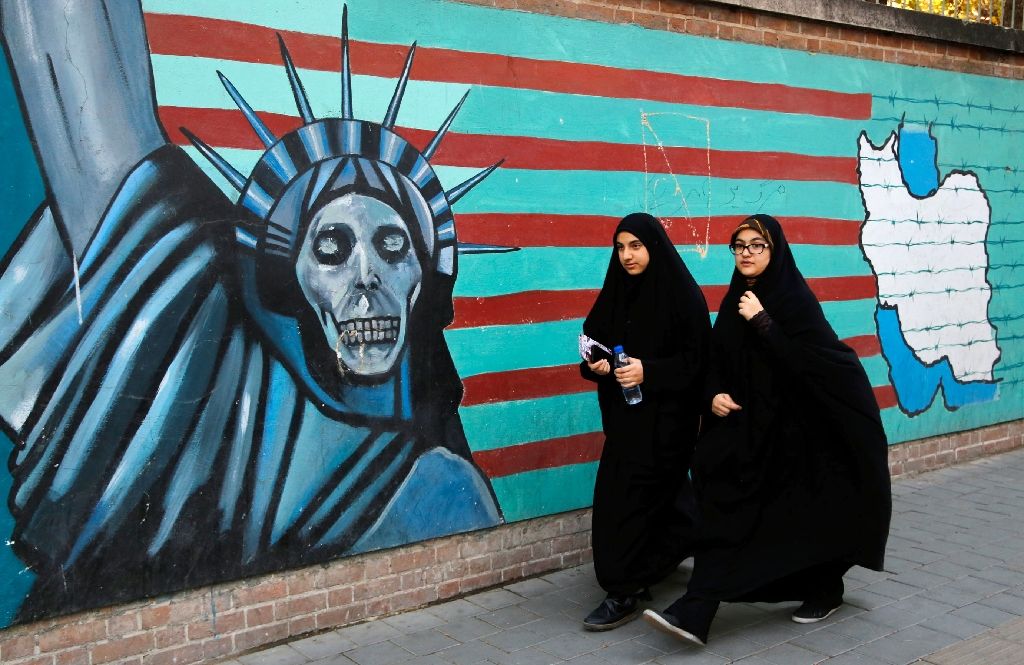
Jin Liangxiang, Senior Research Fellow, Shanghai Institute of Int'l Studies
Aug 14, 2017
The election of Hassan Rouhani could serve as a turning point for Iran both domestically and internationally. With a moderate politician leading this important nation, the time for the U.S and China to engage and reintegrate Iran into the international system is now; otherwise, the Middle East will continue to be plagued by violence.
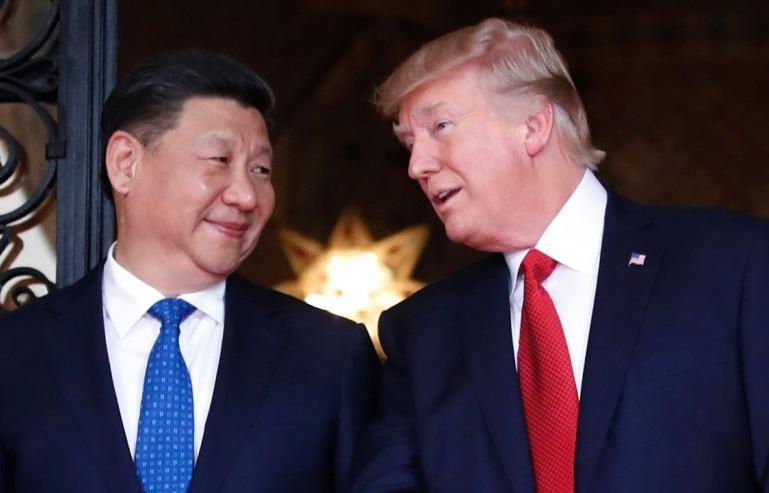
Doug Bandow, Senior Fellow, Cato Institute
Aug 07, 2017
If U.S. policy is determined by passion, ignorance, and myopia, the prospects of maintaining a peaceful relationship are far lower. President Trump is not a stupid man, but until he seeks to educate himself he risks acting stupidly. Then the cost for both nations, and most of Asia, could be quite high.
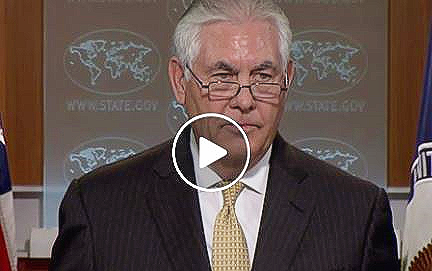
Aug 03, 2017
U.S. Secretary Rex Tillerson spoke with reporters at a State Department press pressing on August 1 in Washington D.C. and covered a wide range of foreign policy issues, including dealing with China. The following are excerpts of his remarks.

Kishore Mahbubani, Dean of the Lee Kuan Yew School of Public Policy, National University of Singapore
Aug 03, 2017
The Association of Southeast Asian Nations (ASEAN), which marks its 50th anniversary this month, comprises the world’s seventh-largest economy, on track to become the fourth largest by 2050. ASEAN’s approach may turn out to be the way of the future, enabling other fractious regions to develop sturdy bonds of cooperation.
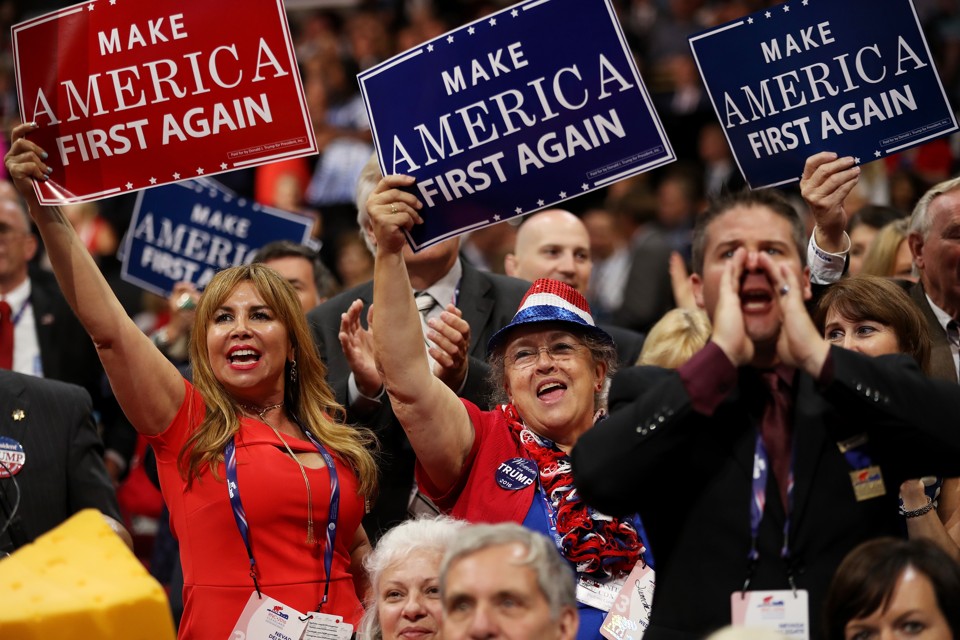
Wu Zhenglong, Senior Research Fellow, China Foundation for International Studies
Jul 31, 2017
The “America First” doctrine and its capricious approach have not only caused dissatisfaction and opposition from allies, but also prompted them to reconsider their relations with the US, thus leading to a growing divide. In short, the global pattern is undergoing tremendous changes, in an era full of risks but also opportunities.
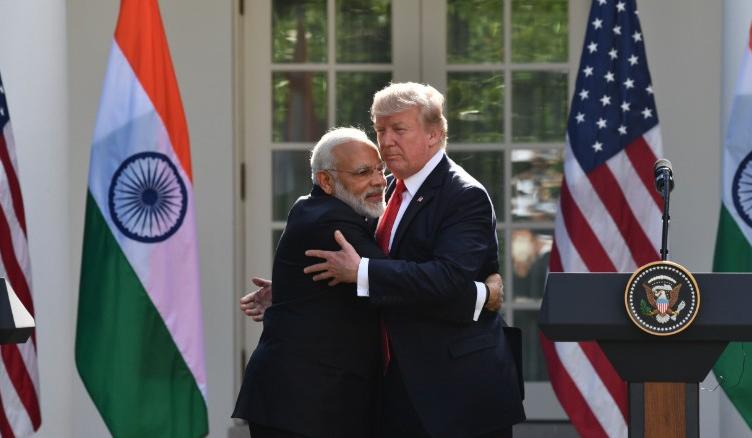
Thomas R. Pickering, Former United States ambassador to India
Atman Trivedi, India affairs, US Commerce Department
Jul 21, 2017
The US-India relationship has been burdened by mutual misgivings as of late. In Washington summit, Indian Prime Minister Narendra Modi and US President Donald Trump displayed a comfortable chemistry, with no real discord to be seen – a departure from some of Trump’s other early diplomatic forays.
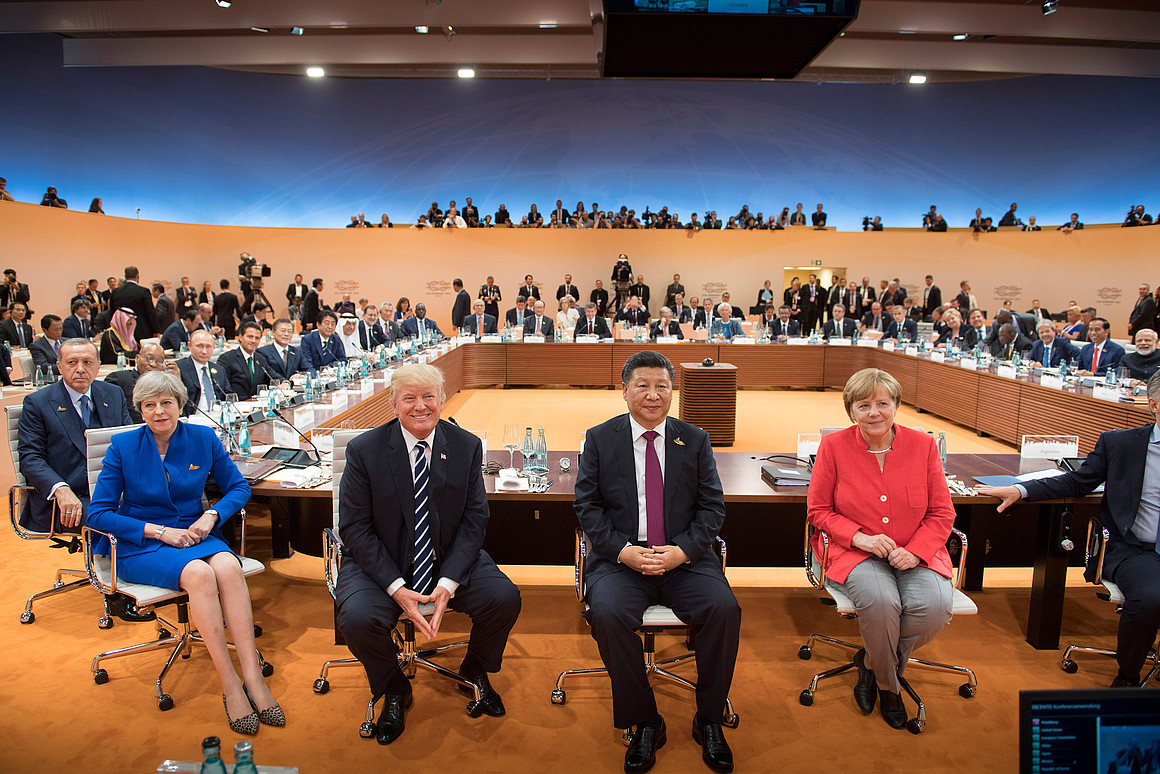
James Carter, Professor, Saint Joseph’s University
Jul 21, 2017
For more than a century, joining the “family of nations” has been a goal of Chinese leaders. Some are now predicting that China will soon assume many of the leadership roles that the United States is withdrawing from. But it’s not the first time that such opportunities have presented themselves.
Back to Top

- China-US Focus builds trust and understanding between the U.S. and China through open dialogue among thought leaders.
- Our Offerings
- Topics
- Videos
- Podcasts
- Columnists
- Research Reports
- Focus Digest
- Stay Connected
-
Thanks for signing up!
- Get the latest stories from China-US Focus weekly.